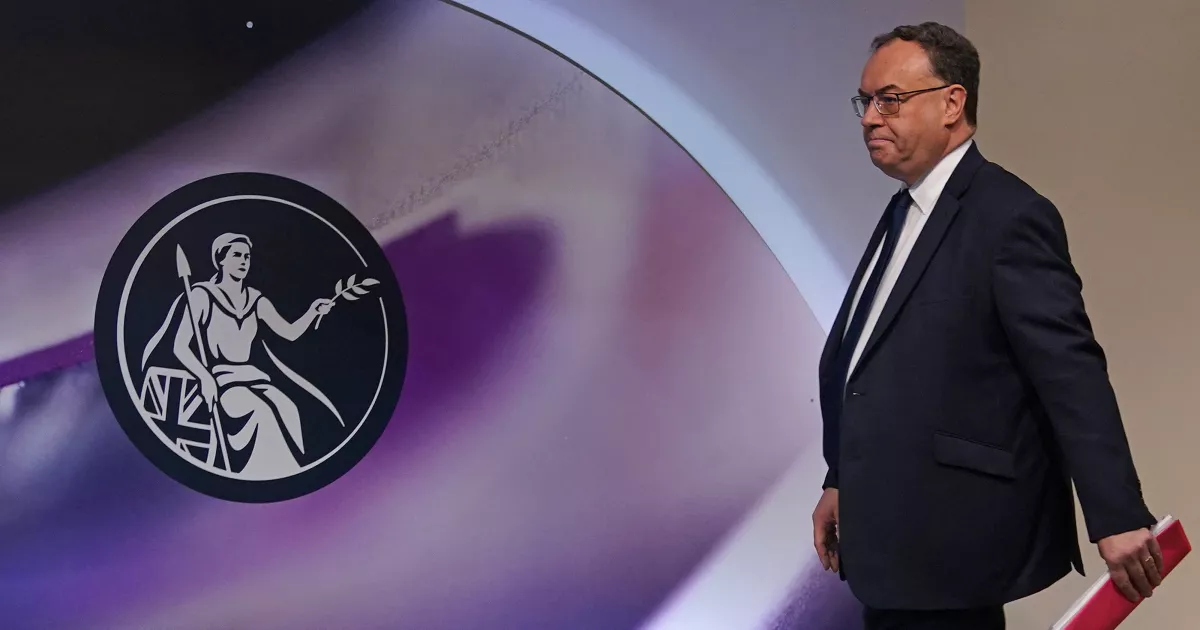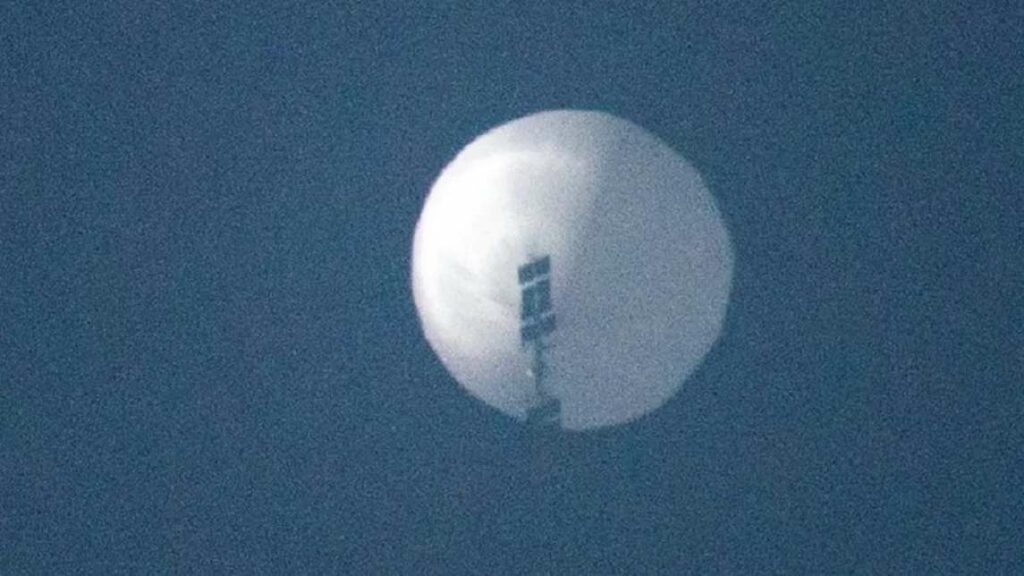Like other central banks, the institution is grappling with inflation that is slowing but remains at historically high levels, well above the 2% target, and fueling a cost-of-living crisis.
“It is too early to declare victory, inflationary pressure is still there,” BoE Governor Andrew Bailey told a press conference.
The European Central Bank (ECB) also raised eurozone interest rates on Thursday by 0.5 percentage points, after the US Federal Reserve (Fed) raised its rates by 0.25 percentage points on Wednesday.
Markets heeded the BoE’s notice, which noted in its meeting minutes that “if there is evidence of pressures [inflacionistas] persistent, then further monetary policy tightening would be necessary,” said analyst Neil Wilson of the Finalto cabinet.
On the other hand, the BoE estimated that the United Kingdom entered a recession in January 2023 that will last five quarters but that it will be less deep than expected.
According to his forecasts, British GDP will fall 0.5% in 2023 and 0.25% in 2024, a “much shallower” drop than the 1.5% and 1% he forecast in November, according to a monetary policy report.
Thursday’s announcement is likely to have negative consequences in the cost-of-living crisis, because commercial lenders could raise their own interest rates on credit cards, mortgages and other loans.
This will mean an increase in pressure for the British with liquidity problems due to the increase in consumer prices, domestic bills and the cost of transport.

















